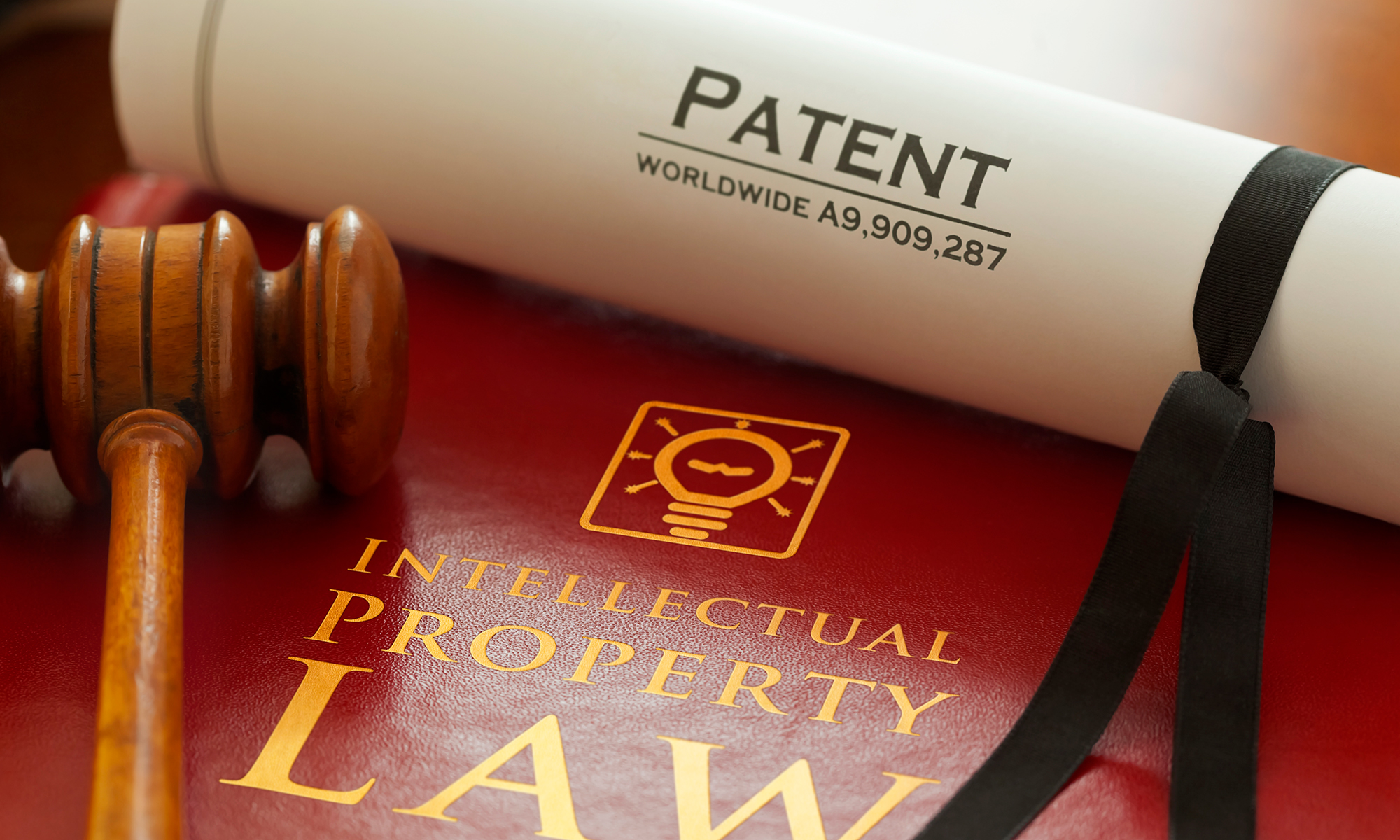The Patent Trial and Appeal Board (PTAB) recently designated two opinions as precedential, which are two of the only three precedential opinions in America Invents Act (AIA) reviews up to today. The precedential status means that these opinions are binding precedents that the PTAB judges must follow in the future.
The first opinion, LG Electronics Inc. v. Mondis Tech Ltd. (IPR2015-00937, Sept. 17, 2015), is related to the one-year bar date for filing an inter partes review (IPR). Based on 35 U.S.C §315(b), an IPR is barred if it is filed more than one year after a petitioner is “served with a complaint alleging infringement of the patent” (emphasis added). The question is which complaint should be the basis for the one year deadline if several complaints are served. Continue reading “PTAB’s Two Precedential Opinions and Impact of Previous Proceeding on AIA Reviews”
